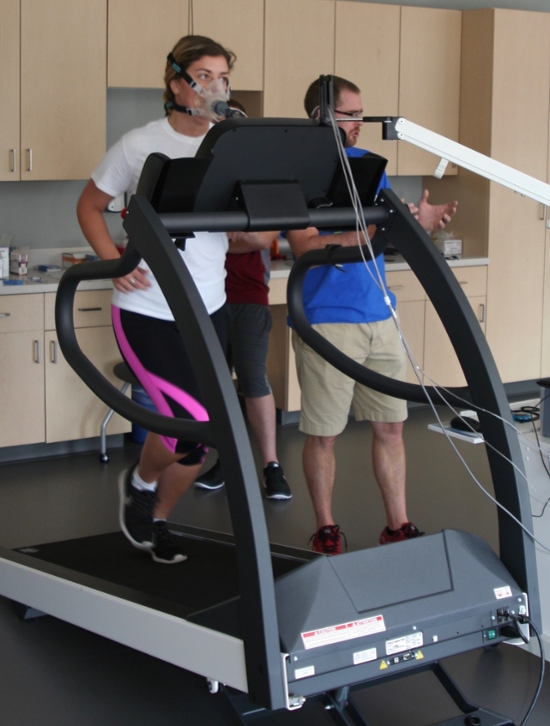University of Scranton Offers New Major in Physiology in Fall of 2017

Beginning in the fall 2017 semester, The University of Scranton will offer a new major in physiology, which is a field of biology that focuses on the functions of organisms, ranging from the functions of single-cells to human functions to interactions of animals with their environment. Students graduating with this major may go on to pursue careers as a physician, physical therapist or physician’s assistant, or pursue additional study or research in the fields of pharmacology and toxicology, comparative and human physiology or exercise science, among other areas. In addition to graduate and medical degree programs, the physiology major will provide students with lab research proficiency and technical skills that can be applied to a variety of job settings.
“The physiology major provides the student with the flexibility to tailor his or her degree to a variety of specializations, while still providing a solid core foundation in anatomy and cellular and integrative physiology,” said Terrence Sweeney, Ph.D.,
Examples include the Extreme Physiology courses offered through the program, which
Other courses in this major include required classes and labs in general biology, chemistry, organic chemistry and advanced human anatomy and physiology, and electives such as Comparative Biomechanics, Pathophysiology, Cardiovascular Physiology and Cellular and Molecular Neurobiology, among others. Students can also pursue research projects related to physiology through the University’s
Dr. Sweeney also noted that as part of the program, each student will be partnered with a faculty advisor beginning in their sophomore year, which will allow for one-to-one guidance for career, curriculum and research choices.
For additional information, contact Dr. Sweeney at terrence.sweeney@scranton.edu or call 570-941-7623.






